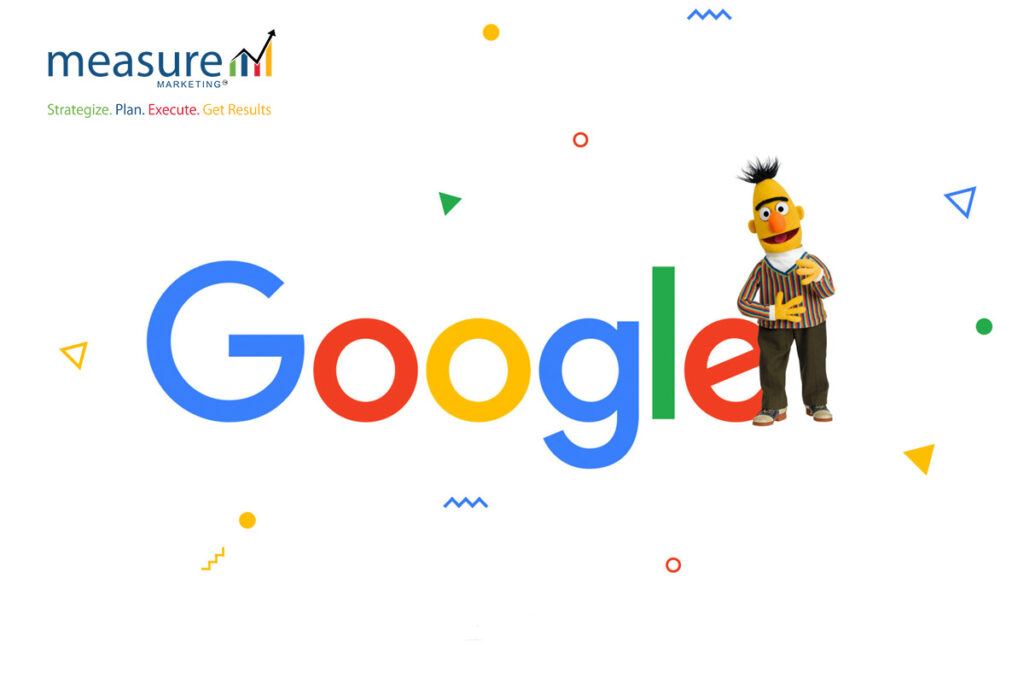
No, not the one made of felt with a passion for helping teach children their ABCs. This BERT is all about our best friend—practically a deity to digital marketers—Google.
Its ever-improving algorithm has shifted again, and now it’s headed towards something that may “sound” familiar.
Google’s new update, BERT, is all about Natural Language Processing (NLP). Which means that Google is teaching itself how to better understand more informal modes of communicating and how to recognize parts of speech that contextualize a sentence.
What Does BERT Mean For My Business?
Well it means that you might write exactly as if you we just talking to your best friend. That is, minus telling the Internet your secrets. Save that for your bestie, eh?
Maybe you don’t have to go that far, but you should probably look at your website’s pages and content and look for anything that wouldn’t work in a normal conversation. For example, if I were trying to get the new BERT-ified Google to pay attention to a page about a printing business, it’s probably not a good idea to rattle on about all the complex machinery in that business, using every technical term possible.
Of course, you want to put your best foot forward when it comes to what’s on your site. You have to ask yourself “would I sound like a robot if I read this aloud?” or maybe, more aptly, “would I sound like a dolled-up list of keywords if I read this aloud?”

BERT and Alexa: Are THEY Besties?
In a way, yes. Just like with Alexa, BERT will be looking for you to better anticipate and cater to the intent of your user. BERT is meant to improve Google’s understanding of user intent. Google won’t just be looking at the words in your search and trying to match them up in the right order, it will be better able to understand what those words mean.
For example, say you search “what can I do with melted icecream?” Before, Google might give you a result like “what temperature does ice cream melt at.” Now you’ve got a better chance of getting a recipe for ice cream bread instead.
What Do I Need to Change for BERT?
If you’re doing your SEO correctly and do your best to provide value for your customer, not much at all. BERT simply helps Google better understand what a user is looking for and it will only punish those that are already breaking the rules with frowned-upon techniques like keyword stuffing.
Though, if you don’t already have an FAQ on your site, you should definitely add one. Both because it’s helpful and because it asks the questions potential customers may be asking in their search bar, or voicing to Alexa.
So remember, if you’re looking for BERT, and not Bert, don’t go to Sesame Street, head to good old Google!